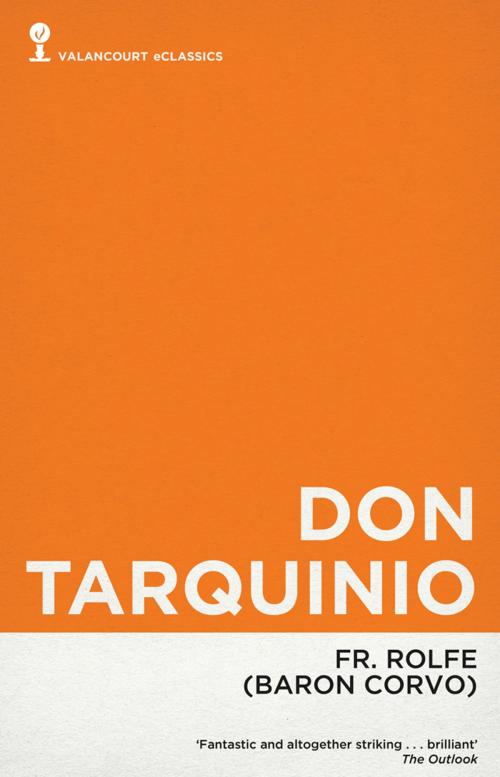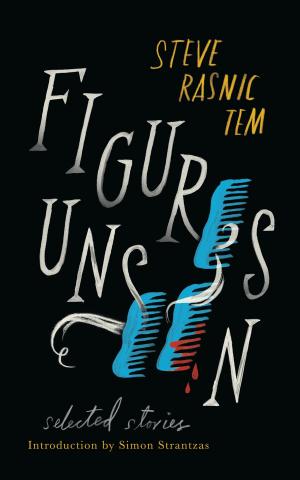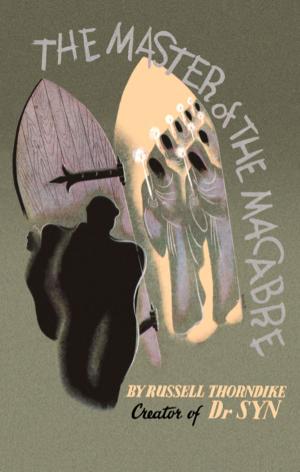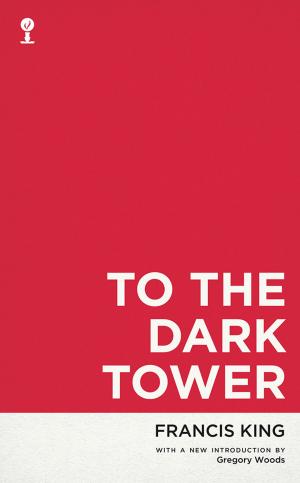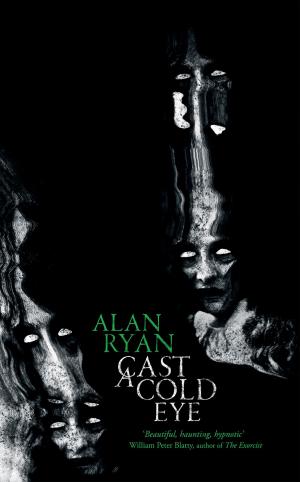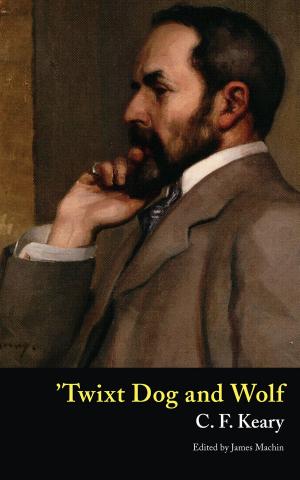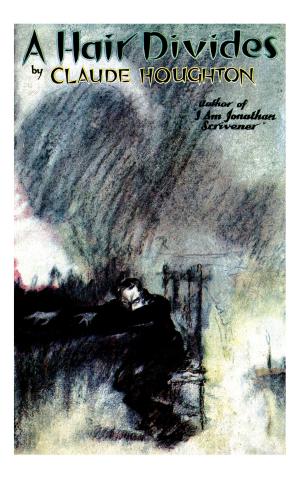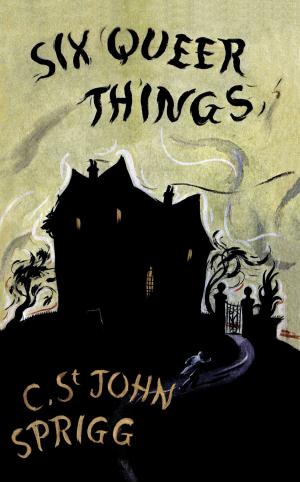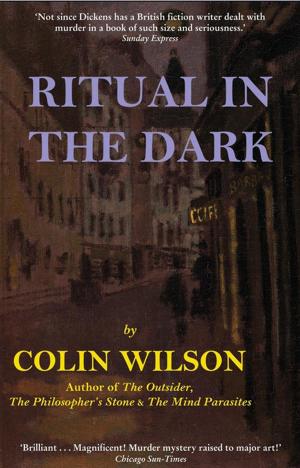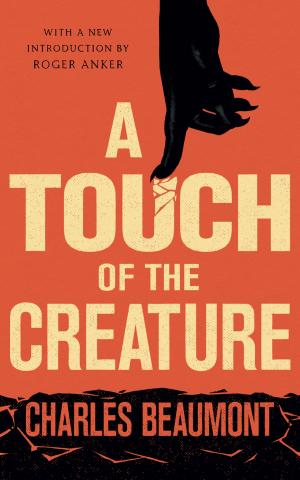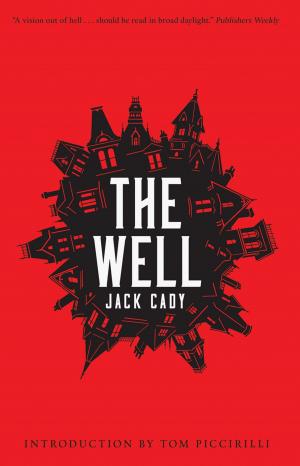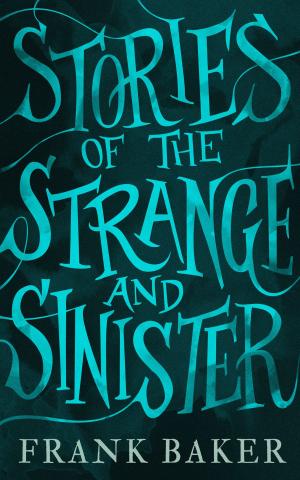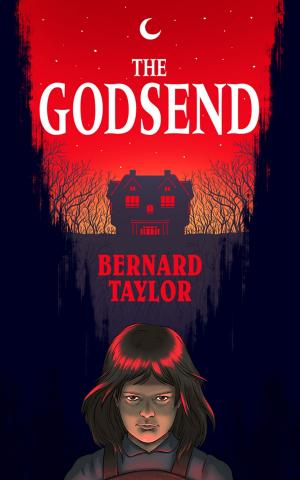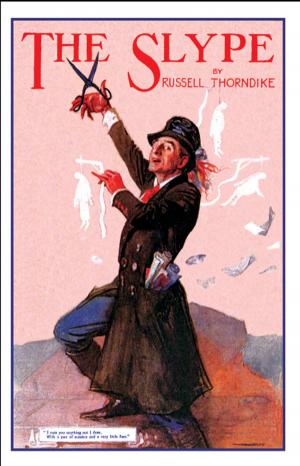| Author: | Fr. Rolfe, Baron Corvo, Frederick Rolfe | ISBN: | 1230000266595 |
| Publisher: | Valancourt Books | Publication: | September 7, 2014 |
| Imprint: | Language: | English |
| Author: | Fr. Rolfe, Baron Corvo, Frederick Rolfe |
| ISBN: | 1230000266595 |
| Publisher: | Valancourt Books |
| Publication: | September 7, 2014 |
| Imprint: | |
| Language: | English |
“[F]antastic and altogether striking . . . brilliant . . . the effect of the whole is of undoubted skill. There is an altogether remarkable mastery over words, an altogether notable ability to enter into the ruling spirit of the period, a decided power of consistent characterisation. … It is a full-blooded book—full, too, of the joy of life.” – The Outlook
“It has the irresponsible high spirits of the youth of the world.” – Daily Mail
“A homosexually-heated and obsessionally-mannered tale of boys’ adventures amongst the Borgias.” – Spectator
Frederick Rolfe, who styled himself “Fr. Rolfe” and “Baron Corvo”, is famous for Hadrian the Seventh (1904), a fantasy in which a downtrodden writer is unexpectedly elected Pope, and infamous for his scandalous “Venice letters”. He shows a different side in Don Tarquinio (1905), a fast-paced, high-spirited romp purportedly translated from a Renaissance manuscript and set in late 15th century Italy among the intrigues of the Borgias. Rolfe’s story tells of twenty-four hours in the life of a comely fifteen-year-old Roman youth, Don Tarquinio, whose family has been banned from Rome by edict of the Pope, but who undertakes a dangerous mission on behalf of the Pope’s son, Cesare Borgia, to regain his family’s lost honour and win the love of a beautiful maiden. Along the way, he and his companions, the handsome teenaged Prince Ippolito and the lovely French prince Réné, whom Don Tarquinio rescues from slavery, undergo a series of motley and comic adventures, related in Rolfe’s charmingly unique prose.
Bizarre, inventive, and highly entertaining, Rolfe’s novel was an unexpected hit with contemporary critics, who raved that it was “a brilliant tour de force which might have come out of Boccaccio”, “a novel of exceptional interest and dramatic power”, “an extravagant wealth of quaint conceit and irony”, “the vivid verbal brilliance of the book is wonderful”. This edition reprints the unabridged text of the 1926 edition published by Chatto & Windus.
“[F]antastic and altogether striking . . . brilliant . . . the effect of the whole is of undoubted skill. There is an altogether remarkable mastery over words, an altogether notable ability to enter into the ruling spirit of the period, a decided power of consistent characterisation. … It is a full-blooded book—full, too, of the joy of life.” – The Outlook
“It has the irresponsible high spirits of the youth of the world.” – Daily Mail
“A homosexually-heated and obsessionally-mannered tale of boys’ adventures amongst the Borgias.” – Spectator
Frederick Rolfe, who styled himself “Fr. Rolfe” and “Baron Corvo”, is famous for Hadrian the Seventh (1904), a fantasy in which a downtrodden writer is unexpectedly elected Pope, and infamous for his scandalous “Venice letters”. He shows a different side in Don Tarquinio (1905), a fast-paced, high-spirited romp purportedly translated from a Renaissance manuscript and set in late 15th century Italy among the intrigues of the Borgias. Rolfe’s story tells of twenty-four hours in the life of a comely fifteen-year-old Roman youth, Don Tarquinio, whose family has been banned from Rome by edict of the Pope, but who undertakes a dangerous mission on behalf of the Pope’s son, Cesare Borgia, to regain his family’s lost honour and win the love of a beautiful maiden. Along the way, he and his companions, the handsome teenaged Prince Ippolito and the lovely French prince Réné, whom Don Tarquinio rescues from slavery, undergo a series of motley and comic adventures, related in Rolfe’s charmingly unique prose.
Bizarre, inventive, and highly entertaining, Rolfe’s novel was an unexpected hit with contemporary critics, who raved that it was “a brilliant tour de force which might have come out of Boccaccio”, “a novel of exceptional interest and dramatic power”, “an extravagant wealth of quaint conceit and irony”, “the vivid verbal brilliance of the book is wonderful”. This edition reprints the unabridged text of the 1926 edition published by Chatto & Windus.
